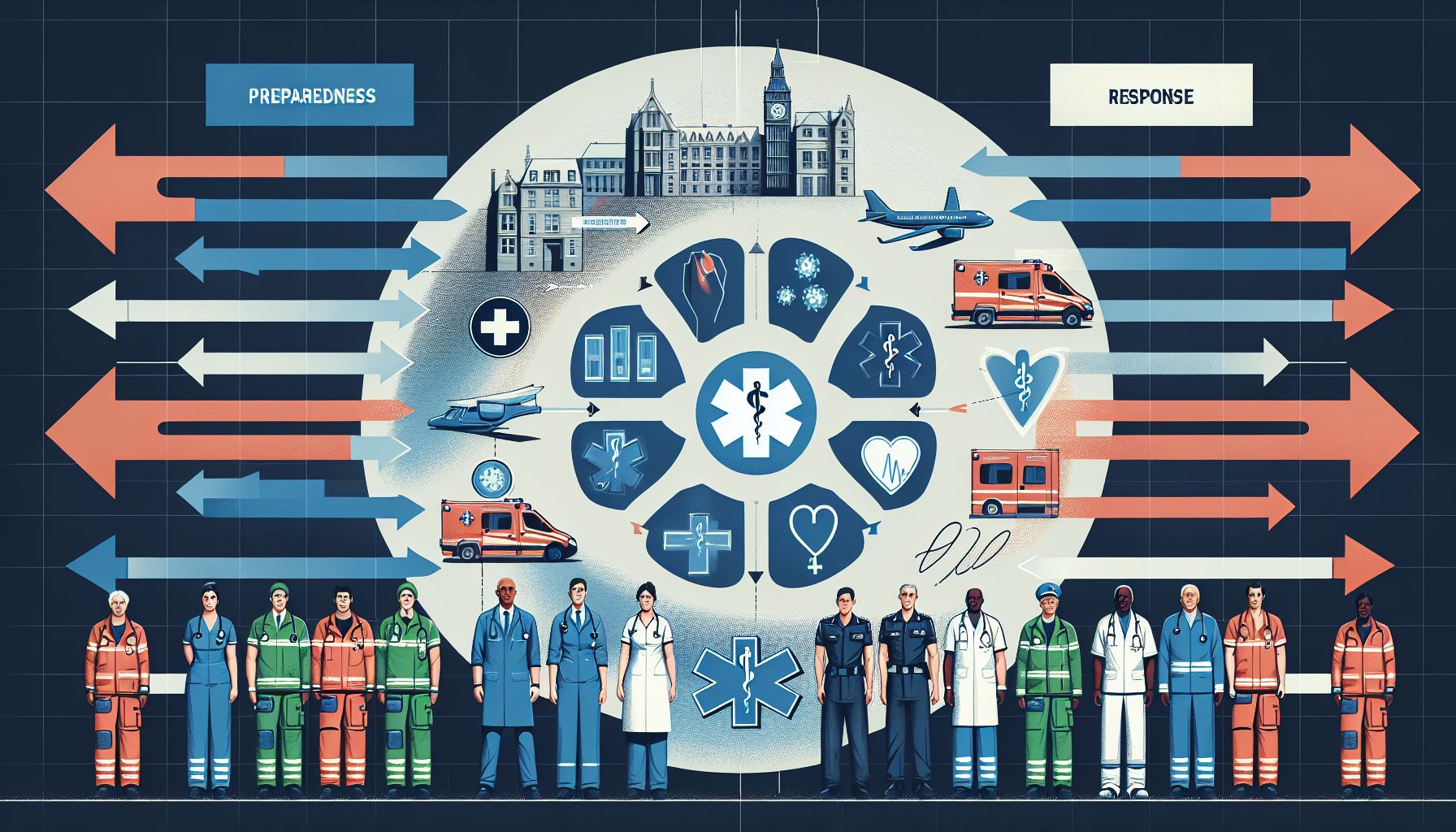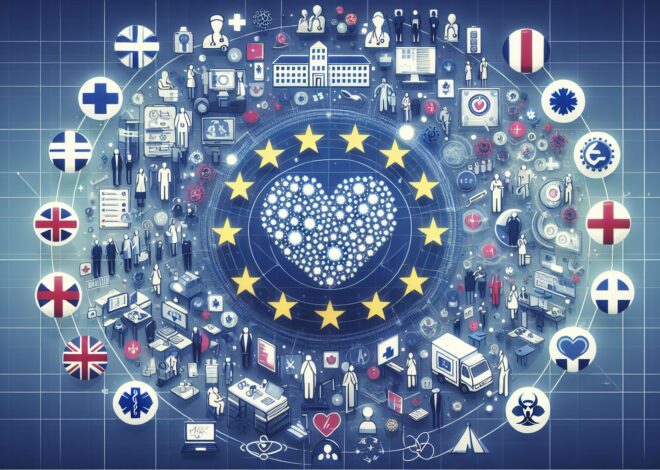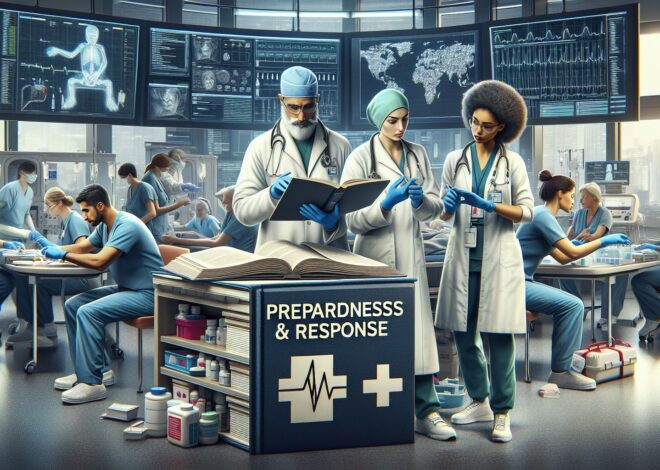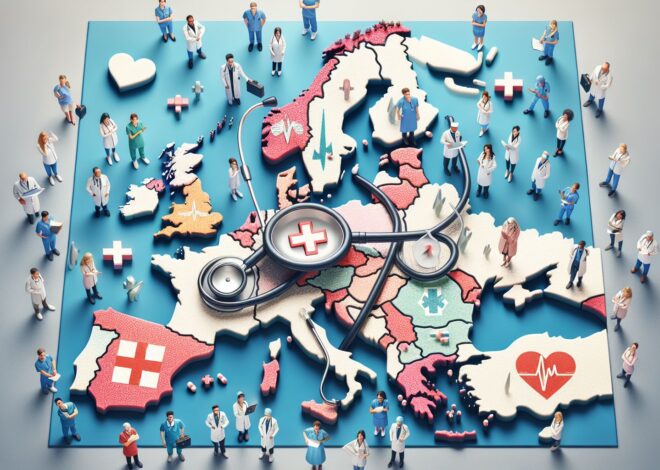
The Preparedness and Response of European Health Systems
In the face of the ongoing global COVID-19 pandemic, the preparedness and response of European health systems have come under intense scrutiny. Health professionals, policymakers, and concerned citizens alike have been closely monitoring how these systems have been handling the unprecedented public health crisis. It is essential to analyze their actions in order to learn from any shortcomings and further strengthen these systems for future challenges.
Health Professionals
Health professionals have been at the forefront of the battle against COVID-19, working tirelessly to care for patients and prevent the spread of the virus. Their dedication and expertise have been crucial in the response efforts of European health systems. However, the pandemic has also exposed some weaknesses in the preparedness of these systems.
One key area of concern has been the shortage of personal protective equipment (PPE) for healthcare workers. Many health professionals have been working in high-risk environments without adequate protection, putting their own health at risk. This has highlighted the need for better stockpiling and distribution of essential medical supplies in the future.
Additionally, the strain on healthcare facilities and staff has raised questions about the capacity of European health systems to handle a crisis of this scale. It is important for health professionals to have access to adequate resources and support, both during the pandemic and in its aftermath.
Policymakers
Policymakers play a crucial role in shaping the preparedness and response of European health systems. Their decisions have a direct impact on the allocation of resources, the implementation of public health measures, and the overall effectiveness of the response efforts.
The COVID-19 pandemic has demonstrated the importance of proactive planning and swift action by policymakers. Countries that were quick to implement testing, contact tracing, and quarantine measures have been more successful in controlling the spread of the virus. On the other hand, delays in decision-making and inconsistent policies have hindered the response in some areas.
Moving forward, policymakers must prioritize investment in public health infrastructure and preparedness. This includes strengthening healthcare systems, improving data collection and analysis, and enhancing coordination between different levels of government. By learning from the lessons of the pandemic, policymakers can better position European health systems to handle future challenges.
Concerned Citizens
As citizens, we all have a role to play in supporting the preparedness and response efforts of European health systems. By following public health guidelines, staying informed, and remaining vigilant, we can help reduce the burden on healthcare workers and prevent the spread of the virus.
One of the most important ways that citizens can contribute is by getting vaccinated. Vaccines have proven to be highly effective in preventing severe illness and death from COVID-19. By getting vaccinated and encouraging others to do the same, we can protect ourselves and our communities.
In conclusion, the COVID-19 pandemic has been a wake-up call for European health systems. While there have been challenges in the preparedness and response efforts, there have also been successes and lessons learned. By working together, health professionals, policymakers, and concerned citizens can build stronger, more resilient health systems that are better equipped to handle future crises. It is crucial that we continue to prioritize public health and invest in the well-being of our communities.



